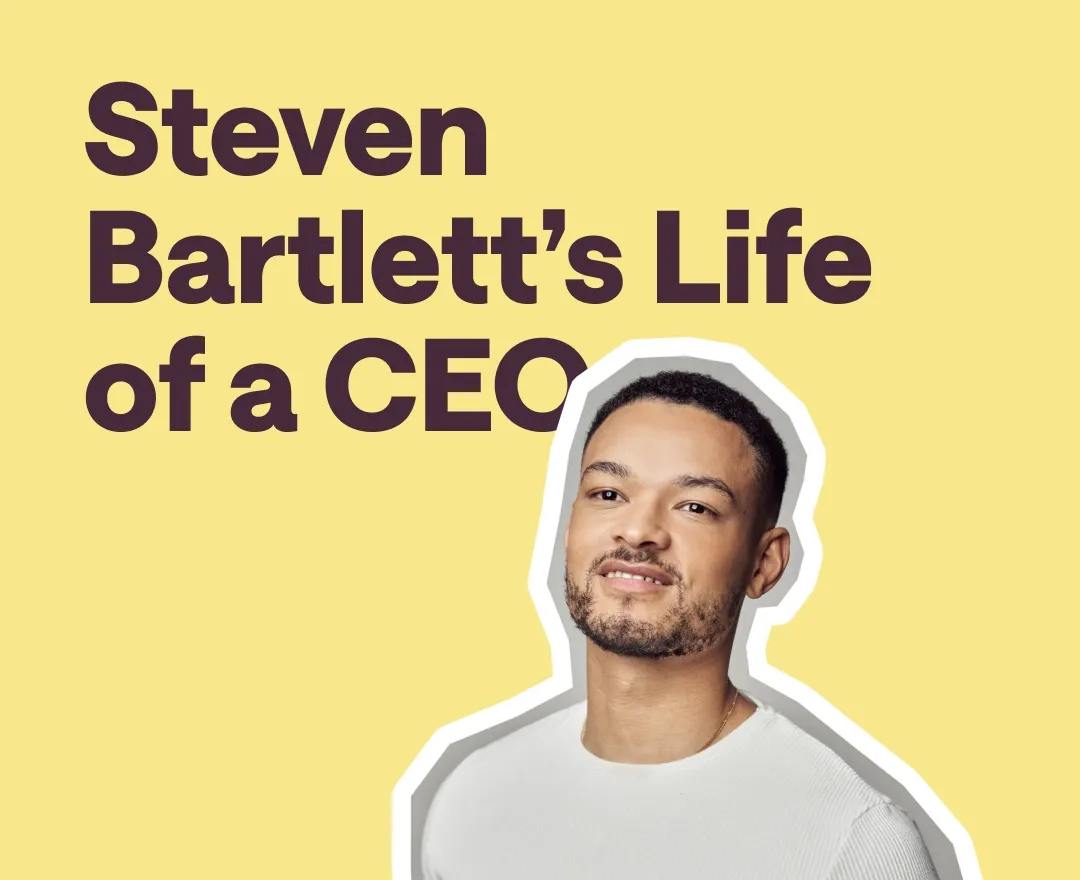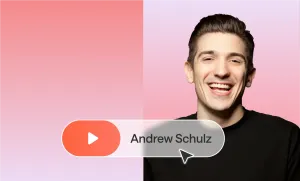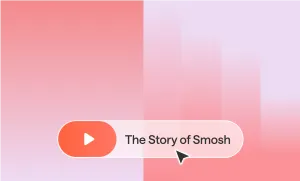Steven Bartlett’s The Diary of a CEO podcast has given us plenty of viral moments since its launch.
Clips from Bartlett’s interviews do huge numbers online, and we all remember when influencer Molly-Mae Hague sparked outrage after claiming we “all have the same 24 hours in a day."
Or, a more recent outrage, how his episode with Thomas Seyfried, a professor of biology, chemistry, and biochemistry at Boston College, claimed that cancer could be cured with a ketogenic diet.
But did you know that the impact of Bartlett’s podcast has expanded well beyond inspiring internet discourse, influencing an entire generation’s attitude toward work?
Let us enlighten you.
Who is Steven Bartlett: From college dropout to podcast legend
One of the reasons Steven Bartlett is so well-respected by young people is that he’s proof of the "college dropout to millionaire" pipeline. Interestingly enough, these are the two factors that now define Bartlett’s brand:
1) He’s a quitter – or at least knows when to quit.
2) He’s a millionaire.
But more on that in a moment.
If you don’t know who Bartlett is, here's a brief introduction. At 18, after dropping out of college, Bartlett co-founded a revolutionary marketing company called Social Chain, a move that put the young entrepreneur on the map and kick-started an incredible career. Despite quitting his education and leaving Social Chain in 2020, these decisions only furthered Bartlett’s growth, culminating in 2021 when he became the youngest ever Dragon on Dragon’s Den (the UK’s equivalent of Shark Tank).
The Diary of a CEO and the power of influence
In 2015, midway through this journey, Bartlett made the smart decision to launch a podcast. With over 500 episodes and counting, The Diary of a CEO has become one of the most listened-to podcasts in the UK.
Many creators are drawn to podcasting because the medium encourages transparency. Episodes can be as long as you want them to be, and the audio format is typically less polished than an autobiography. This means audiences get to hear their favorite public figures talk openly about their journeys, struggles, and views.
Steven Bartlett is no exception. On his podcast, he speaks candidly about how his experiences have shaped his worldview, weaving a web of messages that include:
– Knowing when to quit is an important skill all successful people have
– Traditional career paths are not the only route to success
– Happiness comes from within
– Setbacks are opportunities for growth and self-discovery
So, is it surprising that Barlett’s ‘quitting is for winners’ mentality has resonated with a generation that continues to grapple with post-pandemic burnout and feels unfulfilled or uninterested in traditional corporate jobs?
And this resonance has transformed into real influence, with Bartlett becoming a leading voice in a movement known as the ‘Great Resignation.’
More than motivating young people to work hard, achieve their dreams, and get rich in the process, Bartlett’s content is a rallying cry for the unfulfilled — those who want more from their lives and careers. This movement has led to thousands of workers quitting jobs they may be unsatisfied with to seek out work that aligns with their values, comes across as more meaningful, and allows for the personal growth they seek.
Wielding the power of influence for good
While Bartlett isn’t forcing anyone to resign, his confidence in his philosophy is certainly powerful enough to inspire large swathes of people to follow in his footsteps. This is due to the power of influence, which is something all content creators have, no matter the size of their audience.
And that includes you. There are many reasons people choose to follow a creator, and alignment in worldviews is a huge contributing factor. Whether you share OOTDs (outfit of the day) or dissect political ideologies, your audience trusts your judgments and is, therefore, more susceptible to allowing your views to influence their opinions and even their actions — for the better or the worse.
To put this into perspective, here is how creators can put this influence to good use:
– Advocating for positive social change
– Creating supportive communities
– Popularizing good products and services
– Inspiring viewer’s personal development, such as helping them gain self-confidence or learn a new skill
– Educating audiences on such issues as mental health, personal finance, and wellness
And for the sake of completeness, here’s how some creators abuse their influence:
– Promoting unrealistic standards of living, beauty, or wellness
– Spreading misinformation
– Advocating for harmful behaviors, such as overworking or extreme dieting
– Encouraging excessive consumerism
– Enabling toxic behaviors among followers, including bullying
Remember: if you have a following of any size, you hold influence over your viewers. Be smart about how you use it!
Take your questions to our Discord community!
Did this article leave you wanting more? Our Discord server is the perfect place to dive deeper! Join us to ask questions, share your experiences, and learn from a diverse group of content creators. Your next big breakthrough could be just a conversation away!








